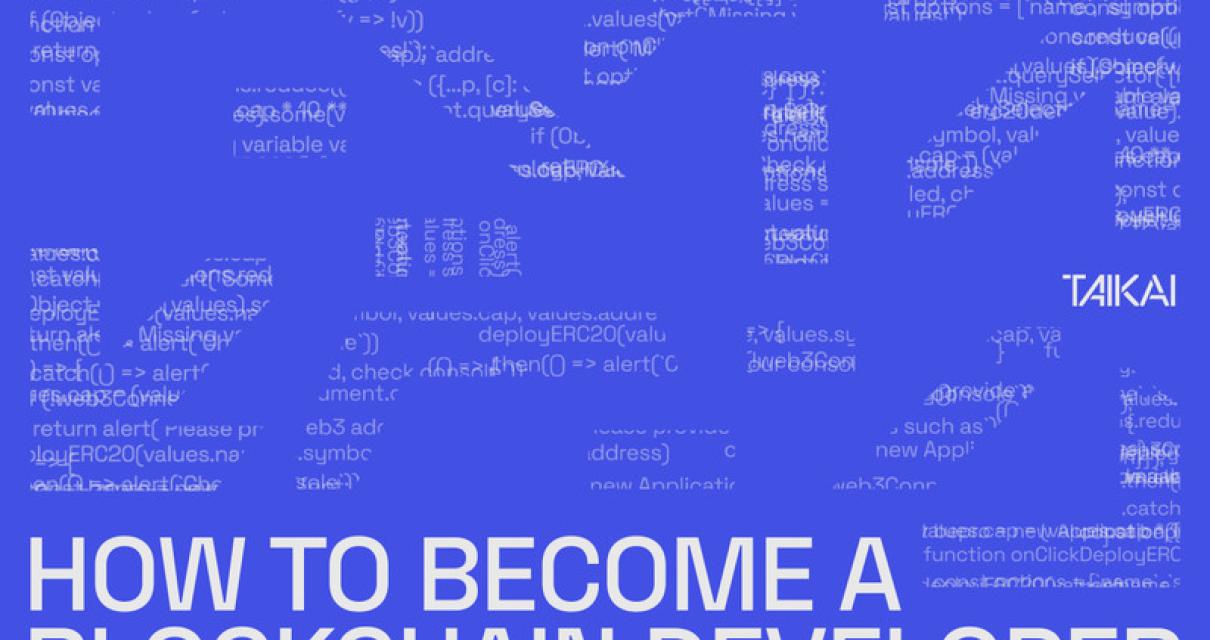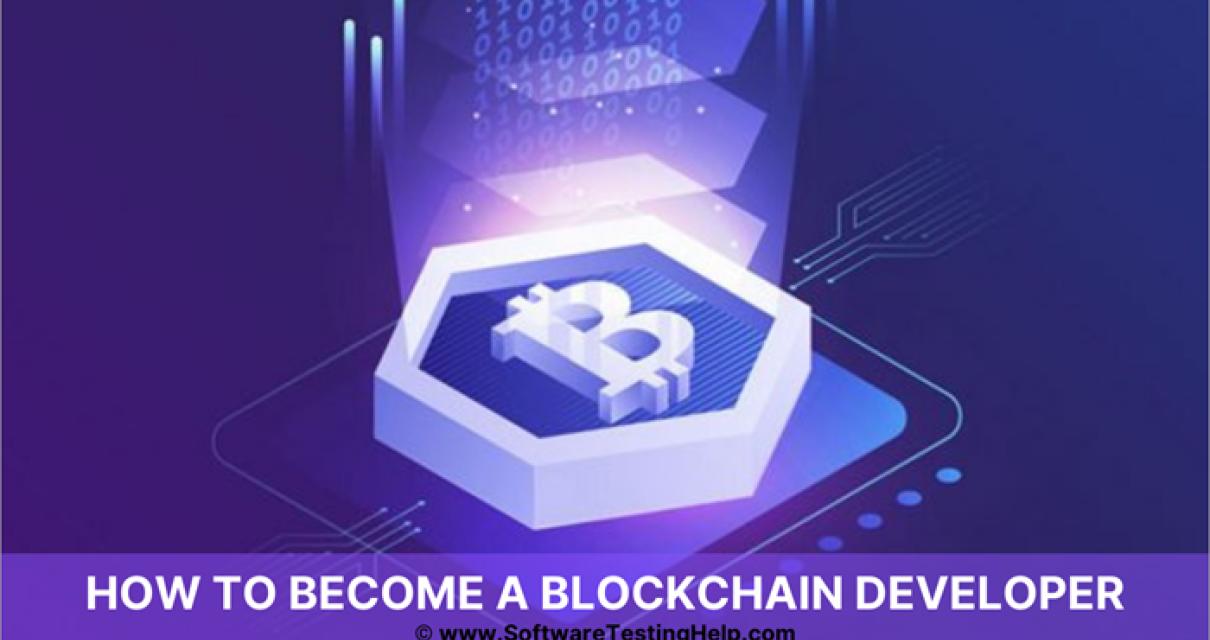Learn the basics of blockchain technology
Blockchain technology is a secure, distributed ledger that can record transactions between two or more parties efficiently and in a verifiable way. Each block in the blockchain is linked to the previous one, creating an unbroken chain of record. This makes it an ideal platform for tracking transactions and managing assets.
Blockchain technology is unique in that it allows for peer-to-peer transactions without the need for a central authority. Transactions are verified and recorded by network nodes through cryptography, allowing for a high level of security.
Because blockchain is decentralized, it offers a number of benefits over traditional systems, including:
-Efficient transfer of assets
-Reduced costs and timeframes
-Enhanced security
There are a number of companies working on blockchain technology, including IBM, Microsoft, and JPMorgan Chase. The technology has the potential to revolutionize a number of industries, and has already been used to create contracts between buyers and sellers of cryptocurrency, as well as to track the ownership of digital assets.
Get to know the popular blockchain platforms
There are a few popular blockchain platforms available on the market. Some of these include Bitcoin, Ethereum, and Litecoin. It’s important to choose the right platform for your needs, as each one has its own set of benefits and drawbacks. Here are the key features to consider when selecting a blockchain platform:
Bitcoin: Bitcoin is the most well-known blockchain platform and is often considered the first and original blockchain platform. Bitcoin is decentralized, meaning it is not subject to government or financial institution control. Bitcoin transactions are verified by network nodes through cryptography and recorded in a public dispersed ledger called a blockchain. Bitcoin is unique in that there are a finite number of them: 21 million.
Ethereum: Ethereum is a decentralized software platform that enables developers to build and deploy smart contracts. These contracts can be used to create decentralized applications (dapps). Ethereum also provides a built-in Turing-complete programming language, Solidity, that allows developers to create sophisticated contracts and applications.
Litecoin: Litecoin is a digital currency that was created in 2011 by Charlie Lee. Like Bitcoin, Litecoin is decentralized, meaning it is not subject to government or financial institution control. Litecoin transactions are verified by network nodes through cryptography and recorded in a public dispersed ledger called a blockchain. Litecoin is unique in that it has a lower transaction fee than Bitcoin.
Understand how to create and deploy smart contracts
In order to create and deploy smart contracts, you will need to have a blockchain platform such as Ethereum or Bitcoin. Once you have your blockchain platform set up, you can create a new contract by entering the following code into your platform:
contract MyContract { function() { // your code here } }
Once your contract has been created, you will need to deploy it onto your blockchain platform. You can do this by entering the following code into your blockchain platform:
deploy MyContract
Now that your contract has been deployed, you can access it by entering the following code into your blockchain platform:
contract MyContract { function() { // your code here } }
You can also use the built-in contract functions to interact with your contract. For example, you can use the function getter to retrieve the value of a variable in your contract:
contract MyContract { uint256 public value; function getValue() constant returns (uint256) { return value; } }
You can also use the function setter to update the value of a variable in your contract:
contract MyContract { uint256 public value; function setValue(uint256 value) { value = value; } }
Find out how to develop decentralized applications
Decentralized applications (Dapps) are applications that run on a decentralized network. This means that the applications are not controlled by any one party, and instead are run by a network of users. Dapps are often more secure and efficient than traditional applications, as they are not subject to the same security vulnerabilities.
To develop a Dapp, you first need to create a blockchain. A blockchain is a digital ledger of all the transactions that have occurred on the network. This ledger is decentralized, meaning that it is not controlled by any one party. Next, you need to create a smart contract. A smart contract is a program that automatically executes the terms of a contract when certain conditions are met. Finally, you need to create a user interface. This interface allows users to interact with the Dapp.
There are a number of different tools that you can use to develop Dapps. Some of these tools include Ethereum, React, and Truffle. Ethereum is a popular platform for creating Dapps, and it has a number of features that make it ideal for this purpose. For example, Ethereum has a built-in smart contract compiler, which makes it easy to create a smart contract. Additionally, Ethereum has a robust user interface, which makes it easy to create a user interface for your Dapp.
React is another popular tool for developing Dapps. React is a JavaScript library that makes it easy to create user interfaces for your Dapps. Additionally, React has a built-in state management system, which makes it easy to manage the state of your Dapp. Truffle is another tool that you can use to develop Dapps. Truffle is a development environment for Ethereum that makes it easy to create smart contracts and user interfaces.
To develop a Dapp, you first need to create a blockchain. A blockchain is a digital ledger of all the transactions that have occurred on the network. This ledger is decentralized, meaning that it is not controlled by any one party. Next, you need to create a smart contract. A smart contract is a program that automatically executes the terms of a contract when certain conditions are met. Finally, you need to create a user interface. This interface allows users to interact with the Dapp.
There are a number of different tools that you can use to develop Dapps. Some of these tools include Ethereum, React, and Truffle. Ethereum is a popular platform for creating Dapps, and it has a number of features that make it ideal for this purpose. For example, Ethereum has a built-in smart contract compiler, which makes it easy to create a smart contract. Additionally, Ethereum has a robust user interface, which makes it easy to create a user interface for your Dapp.
React is another popular tool for developing Dapps. React is a JavaScript library that makes it easy to create user interfaces for your Dapps. Additionally, React has a built-in state management system, which makes it easy to manage the state of your Dapp. Truffle is another tool that you can use to develop Dapps. Truffle is a development environment for Ethereum that makes it easy to create smart contracts and user interfaces.

Discover the use cases of blockchain technology
There are a wide range of potential use cases for blockchain technology, including:
-Distributed ledgers can be used to track the movement of goods and money across the globe
-Blockchain can be used to create secure digital identities
-It can be used to track the provenance of food and other products
-It can be used to create a tamper-proof online ledger of medical records
-It can be used to secure online transactions
Grasp the fundamentals of cryptography
Cryptography is the practice and study of secure communication in the presence of third parties. Cryptography is used to protect information from unauthorized access, including the transmission of sensitive data over the internet. Cryptography is divided into two main categories: symmetric cryptography and asymmetric cryptography. Symmetric cryptography is used to encrypt data using the same key, while asymmetric cryptography uses a different key for each party involved in a communication.
Learn about economic incentives in blockchain development
There are a number of economic incentives for blockchain development. These include the potential to create new jobs, promote innovation, and generate revenue. Additionally, blockchain technology can provide efficiencies and security benefits that can be attractive to businesses.

Explore the challenges and opportunities of blockchain development
There are a number of challenges and opportunities that come with the development of blockchain technology. One challenge is that blockchain is still in its early stages, and there is still a lot of research that needs to be done in order to improve its functionality. Another challenge is that blockchain is not easily scalable, meaning that it can be difficult to create a large network of nodes that can support the network. Additionally, blockchain is not necessarily transparent, which can lead to security concerns. However, the advantages of blockchain technology include its strong security and transparency features. Overall, the challenges and opportunities associated with blockchain development are still being explored, and there is likely to be continued innovation in this area.